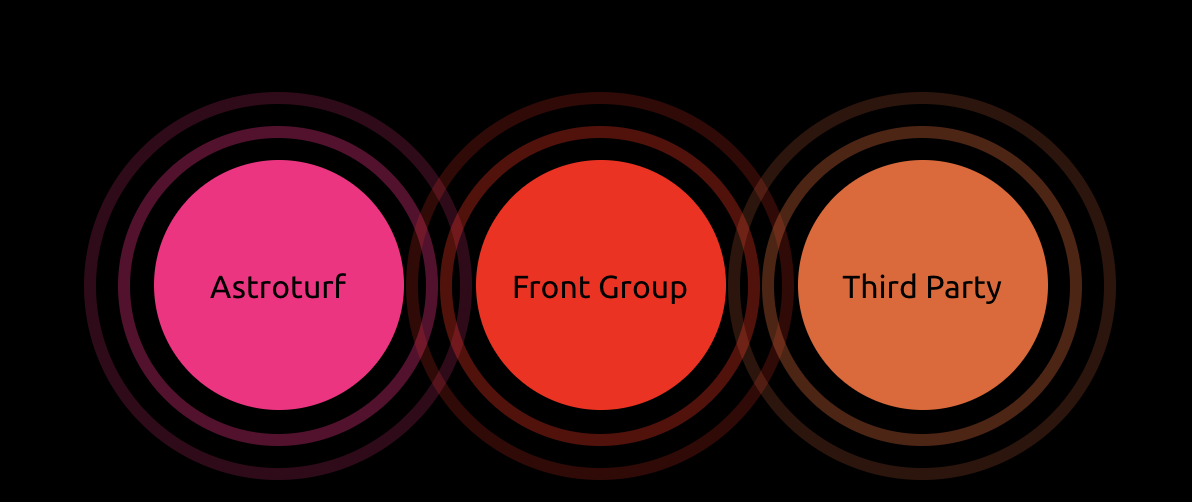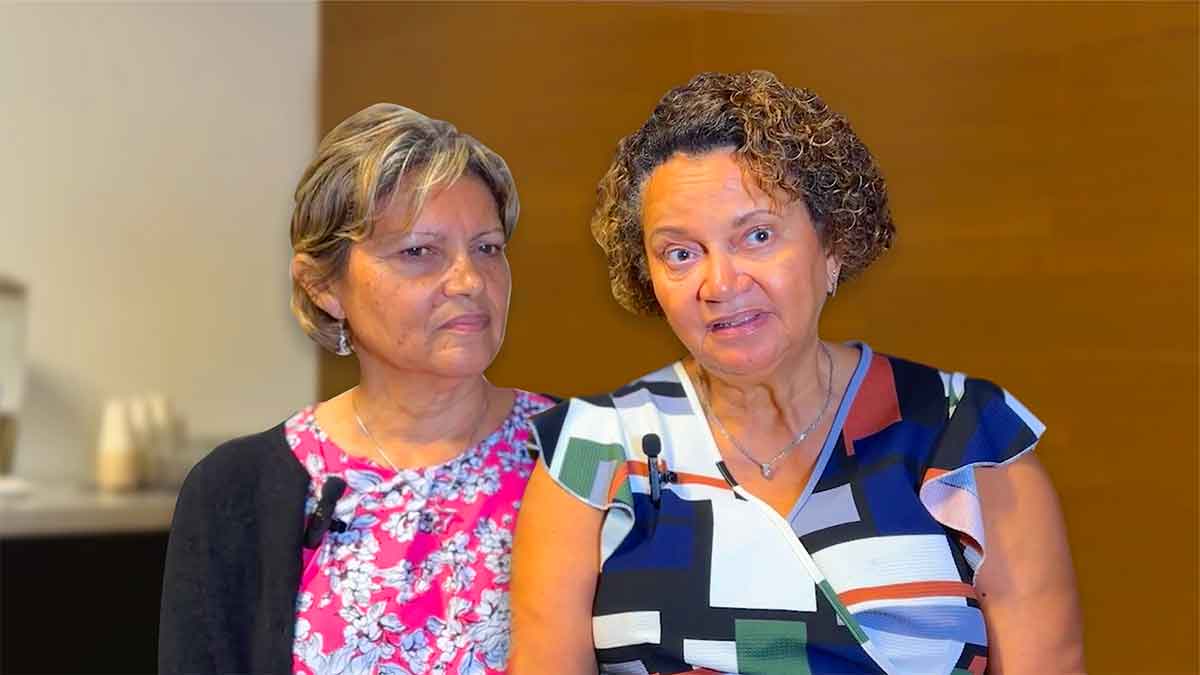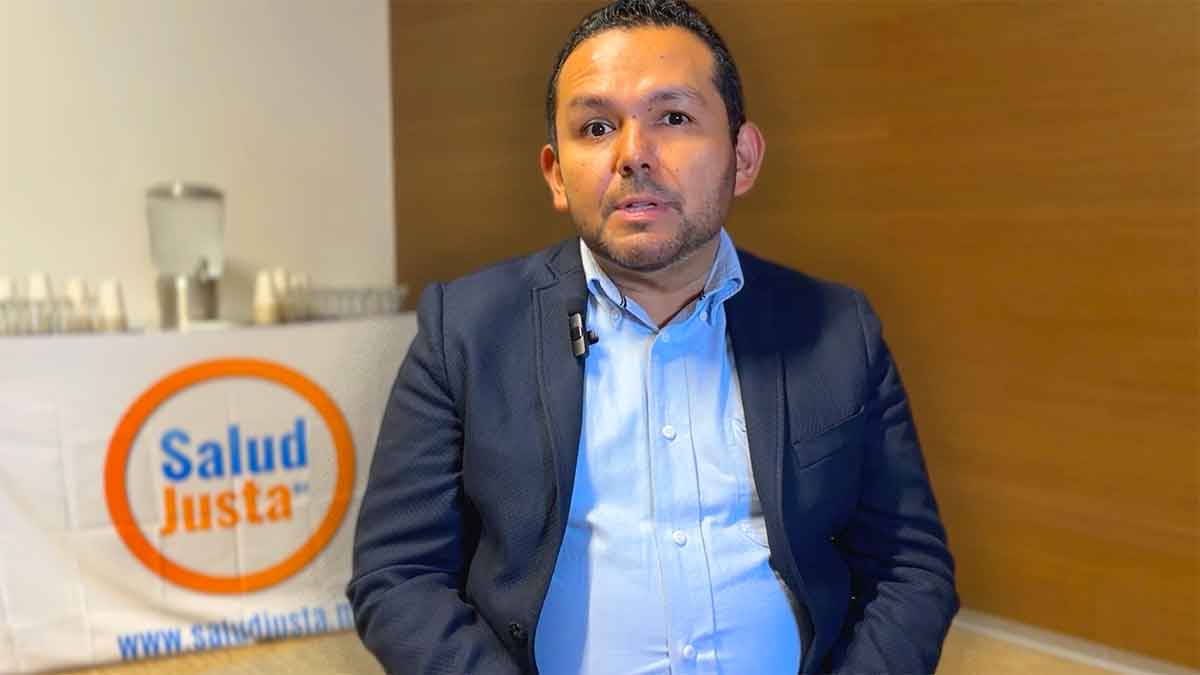- Resources
- News
-
-
Get Email Updates
Sign up for STOP's emails and never miss an update on our latest work and the tobacco industry's activity.
-
Get Funding
Ready to tackle industry interference? You could be eligible for a grant.
-
Share a Tip
Do you have information on tobacco industry misconduct in your country? Let us know.
-
Get Email Updates
Sabotaging Policy
January 29, 2020

Update to Industry Allies list includes front groups working across Africa and several groups in India, Poland and Ukraine
(New York and Bath, United Kingdom, January 29, 2020) – STOP (Stopping Tobacco Organizations and Products) announced today that it added 18 organizations from 10 countries to its Industry Allies list. Organizations added to the list are categorized as “astroturf” groups, front groups or third parties that promote the tobacco industry’s agenda while appearing to be independent. The list gives policymakers, media and health advocates fresh insight into these groups, which work to limit or block policies that improve public health.
“As smoking is decreasing in rich countries like the US and UK, it continues to increase in many low- and middle-income countries that lack strong health policies,” said Anna Gilmore, Director of the Tobacco Control Research Group at the University of Bath and Partner in STOP. “We must expose organizations that appear independent but are actually helping the tobacco industry undermine these policies.”
The Industry Allies list was launched in 2019 and exposed nearly 100 groups in 27 countries. Over a third of the groups first identified were based in the United States and the United Kingdom. The update released today includes organizations whose efforts focus on low- and middle-income countries which have some of the highest rates of smoking and largest populations. Six countries are newly represented in the list: Bangladesh, Brazil, Mexico, the Philippines, Turkey and Ukraine.
“The second batch of Industry Allies we’ve added to the list clearly shows the tobacco industry uses a range of different organizational types to build influence,” said Bungon Ritthiphakdee, Executive Director of Global Center for Good Governance on Tobacco Control and a partner in STOP. “There are foundations, trade and business associations, and think tanks around the world masquerading as public-interest groups.”
Organizations on the list receive funding or support from tobacco industry sources and promote pro-industry policy positions, including opposition to smoke-free laws, tobacco tax increases, health warnings on tobacco packaging, and restrictions on youth marketing. Examples include:
- The International Center for Policy Studies is a think tank based in Ukraine that has received funding from Philip Morris International for projects related to promoting young girls and women in Ukrainian politics, potentially influencing current and future policymakers.
- The Associated Chambers of Commerce and Industry has several tobacco company members and helped to lobby against pictorial health warnings on cigarette packs in India.
- The Brazilian Institute for Ethics and Competition has lobbied heavily against high cigarette taxes. It receives an undisclosed amount of funding from British American Tobacco’s subsidiary in the country.
- The Eliminating Child Labour in Tobacco Growing Foundation, based in Switzerland, claims it “pursues collaborative solutions” to address the exploitation of young workers in tobacco agriculture, particularly in Africa. The group was founded by British American Tobacco and works to influence governments and international organizations such as the International Labor Organization.
The tobacco industry has a long history of funding pro-business, anti-regulatory issue groups and think tanks to build credibility and influence. STOP researchers profile allies in three categories which describe both their level of industry alignment and activity:
- Third Parties: Organizations that undertake a lobbying or public support role on behalf of tobacco companies yet appear to be independent.
Examples: Federation of Indian Chambers of Commerce and Industry (India), Polish Confederation Lewiatan (Poland), Ukrainian Institute for the Future (Ukraine)
- Front groups: Organizations that claim independence but are established, funded or controlled by corporate interests. These groups have the strongest alignment with the industry.
Examples: Foundation for a Smoke-Free World (U.S.)
- Astroturf groups: A specific type of front group that recruits real or fake supporters to give the impression of grassroots support for an industry-friendly issue or policy.
Examples: Forest (U.K.)
The Tobacco Industry Allies list can be viewed by name, location or classification. New evidence or tips on new or existing groups can be provided here.
Information sources
STOP researchers used academic sources and journals, government reports, financial filings, news articles, legal documents and organizations’ own material to compile the list. To help assess financial transparency, STOP used the Transparify rating. Evidence to support the inclusion of these groups in the list is available on Tobacco Tactics.
Please contact the STOP press office for more information or to speak to a STOP spokesperson.
About STOP (Stopping Tobacco Organizations and Products)
STOP is a global tobacco industry watchdog whose mission is to expose the tobacco industry strategies and tactics that undermine public health. STOP is a partnership between The Tobacco Control Research Group at the University of Bath, The Global Center for Good Governance in Tobacco Control, The International Union Against Tuberculosis and Lung Disease (The Union) Department of Tobacco Control and Vital Strategies. Learn more at exposetobacco.org.


